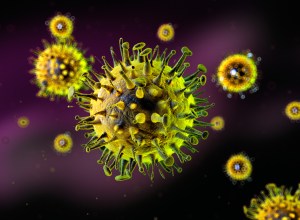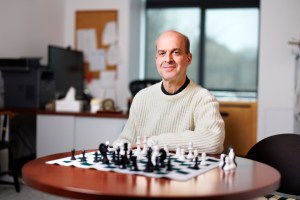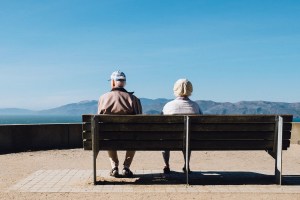Tag: Harvard Medical School
-
Health
What we know and don’t know about pot
With legal marijuana easier to find, a Harvard professor addresses myths and progress finding answers about pot’s health impacts.

-
Health
Scientists from Harvard, China to unite against coronavirus
With nearly 78,000 cases and more than 2,300 deaths from the novel coronavirus, Harvard University scientists will join forces with colleagues from China to improve diagnostics, develop vaccines to prevent new infections, and antiviral therapies to treat existing ones.

-
Health
Heatwave = heat stroke = ER visit
Bringing climate change into the examining room by discussing links between a warming environment and the everyday health of patients.
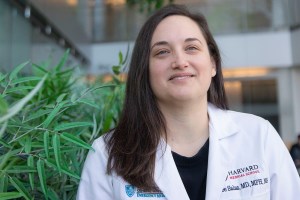
-
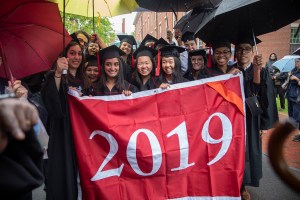
-
Health
Fewer Americans are getting primary care
A national analysis revealed an alarming decline in primary care use, which is associated with better health outcomes than episodic, inconsistent care. The decline was most pronounced among younger Americans and those without complex medical conditions.

-
Health
Psychology’s new openness to religion
A McLean psychologist has pioneered a program that aims to bring together two key emotional forces at work in patients’ lives: spirituality and counseling.
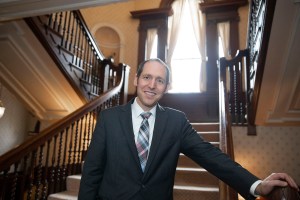
-
Nation & World
Science of success
Harvard University doctoral candidate Kayla Davis is combating a STEM crisis in Oklahoma through an online educational resource.
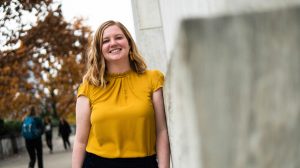
-
Health
A push to aid healthy aging
The National Academy of Medicine is mounting a Healthy Longevity Global Grand Challenge that seeks to boost innovation on healthier aging.
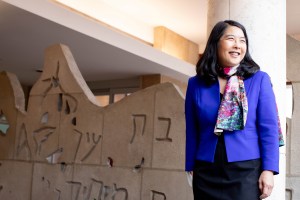
-
Science & Tech
Where we get our sense of direction
Using virtual reality experiments, Harvard neuroscientists have decoded how fruit fly brains integrate visual cues for navigation. Study also sheds light on a form of short-term memory known as unsupervised learning.
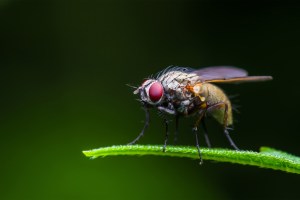
-
Health
Study suggests how measles depletes body’s immune memory
A new Harvard study shows measles wipes out 11 percent to 73 percent of antibodies against an array of viruses and bacteria, depleting a child’s previous immunity, which underscores the importance of measles vaccination.
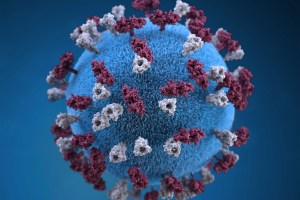
-
Health
Bringing the Bone Box back to life
Countway Library is looking to revive the Bone Box program, which originally let anatomy students check out real human bones.
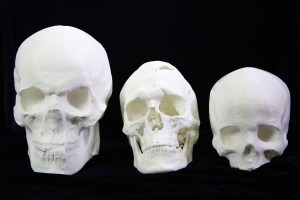
-
Health
The speed of discovery
One year after the Blavatnik Family Foundation announced a $200 million commitment to Harvard Medical School, philanthropist Len Blavatnik spent the day at HMS visiting with scientists to learn more about research taking place on campus.
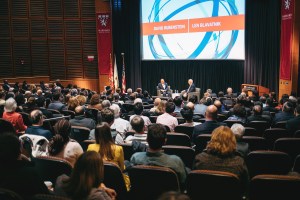
-
Science & Tech
Scientists pinpoint neural activity’s role in human longevity
The brain’s neural activity, long implicated in disorders ranging from dementia to epilepsy, also plays a role in human aging and life span, according to research led by scientists in the Blavatnik Institute.
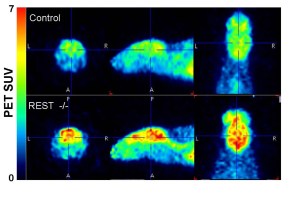
-
Science & Tech
A reliable clock for your microbiome
The microbiome is a treasure trove of information about human health and disease, but getting it to reveal its secrets is challenging, especially when attempting to study it in living subjects. A new genetic “repressilator” lets scientists noninvasively study its dynamics, acting like a clock that tracks how bacterial growth changes over time with single-cell…
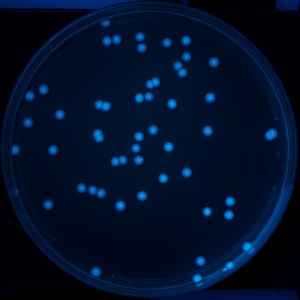
-
Health
Harvard to launch center for autism research
Created with $20 million gift, the Hock E. Tan and K. Lisa Yang Center for Autism Research at Harvard Medical School will aim to unravel the basic biology of autism and related disorders.
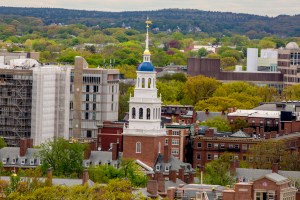
-
Campus & Community
The magic of the unexpected
William G. Kaelin Jr., the Sidney Farber Professor of Medicine at Harvard Medical School and the Dana-Farber Cancer Institute, is one of three winners of the 2019 Nobel Prize in physiology or medicine for discovering how cells sense and adapt to changes in oxygen availability, a process critical for survival.

-
Health
Expressing genes
Harvard University staff member Marnie Gelbart is the director of programs for the Personal Genetics Education Project (pgEd) at Harvard Medical School, and is a co-principal investigator of Building Awareness, Respect, and Confidence through Genetics (ARC), a five-year NIH-funded project through which pgEd is developing curricula on identity and inclusion working with teachers in urban…
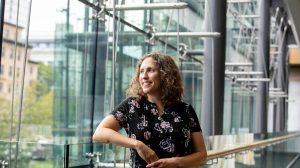
-
Health
Protein, fat, or carbs?
Researchers applied new techniques to old samples from a 2005 dietary study to show that a focus on eating healthy rather than obsessing over a single nutrient can improve heart health.
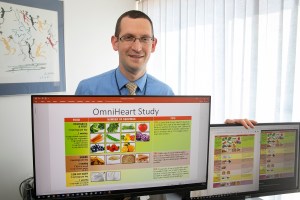
-
Campus & Community
‘The first superhero that I ever came to know’
Incoming Harvard medical and dental students talk about the people who helped them most.
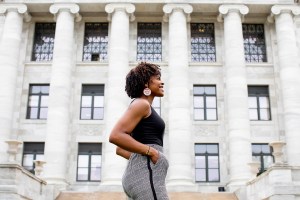
-
Health
CBD rollout shines light on Wild West of supplements
A marijuana derivative called cannabidiol, or CBD, has begun making its way into supplements and even into foods, a use that runs afoul of an FDA designation of the compound as a prescription drug. A Harvard Medical School associate professor says CBD’s tangled legal status may provide an opportunity not only to clear up its…
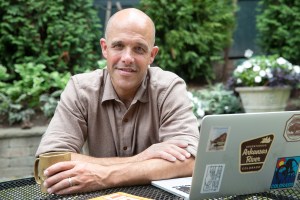
-
Health
Treating runaway health costs
Study led by Harvard researchers finds that a long-term trial of a capped-payment system encouraged preventative care and discouraged unnecessary spending
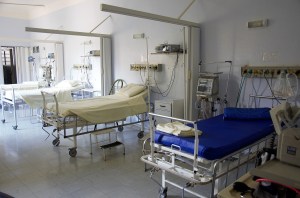
-
Health
Spare the medical resident and spoil nothing
Hours of medical residents were capped at 80 per week in 2003 after a string of patient injuries and deaths, spurring fears that doctors-in-training would be less prepared for independent practice than before. A new study suggests their warnings were largely unjustified.
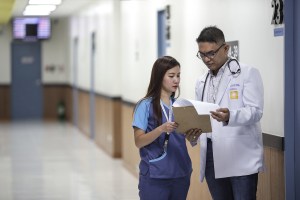
-
Health
Fears arise that new federal fetal-tissue restrictions will hobble a ‘workhorse’ of research
With the Trump administration halting fetal tissue research at two prominent scientific institutions and new plans to review such research elsewhere, Harvard Medical School Dean George Daley discussed the importance of research using these tissues, which would otherwise be discarded, in creating vaccines and treatments and enhancing our understanding of human biology.
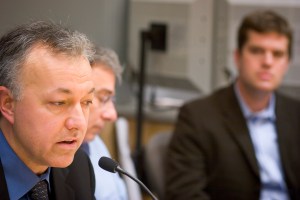
-
Health
Study finds performance-enhancing bacteria in human microbiome
A single microbe accumulating in the microbiome of elite athletes can enhance exercise performance in mice, paving the way to highly validated performance-enhancing probiotics.
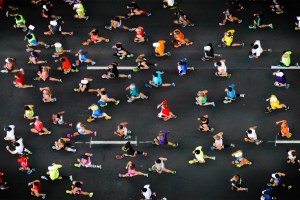
-
Health
Aging population increases energy use
Two global trends — the aging of the world’s population and the warming of its atmosphere — are set to collide in the decades to come, new work by an MGH and HMS researcher shows.
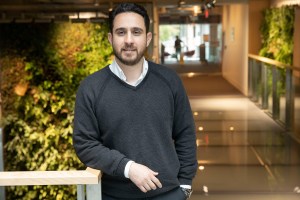
-
Campus & Community
After a helping hand up, reaching back to help others
Christine Santiago couples her background in an economically struggling household with her medical and public health training to plot a course that aims to help others.
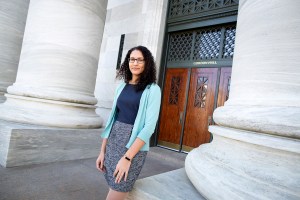
-
Campus & Community
The long, deep ties between Harvard and Germany
In advance of Angela Merkel’s visit, the Gazette looked at a number of key episodes between Germany and Harvard throughout the 19th and 20th centuries.

-
Health
Catch a virus by the tail
Scientists uncover a key mechanism that allows some of the deadliest human RNA viruses to replicate, and it resides in the tail end of the viruses. The findings identify new targets to inhibit viral replication and may inform the development of a new class of antiviral drugs.
